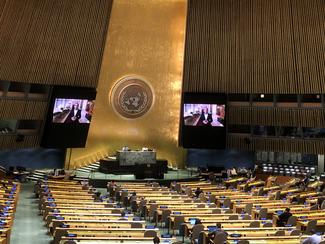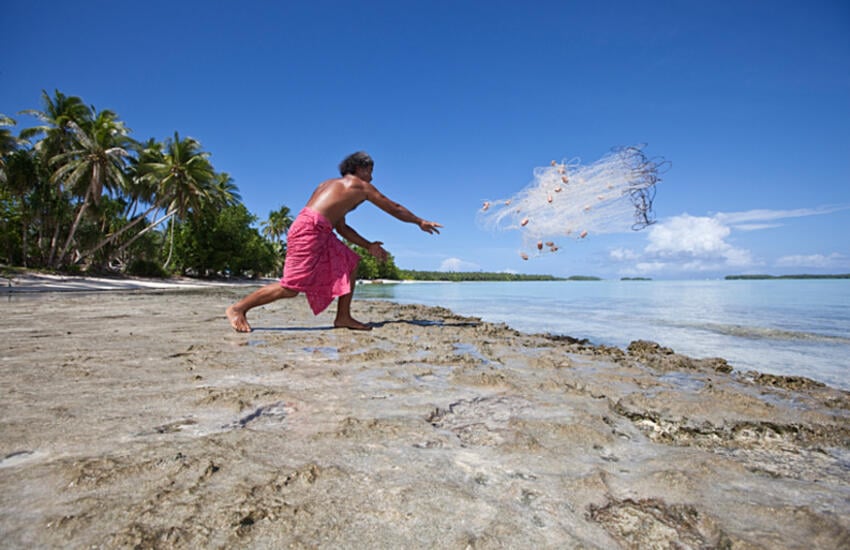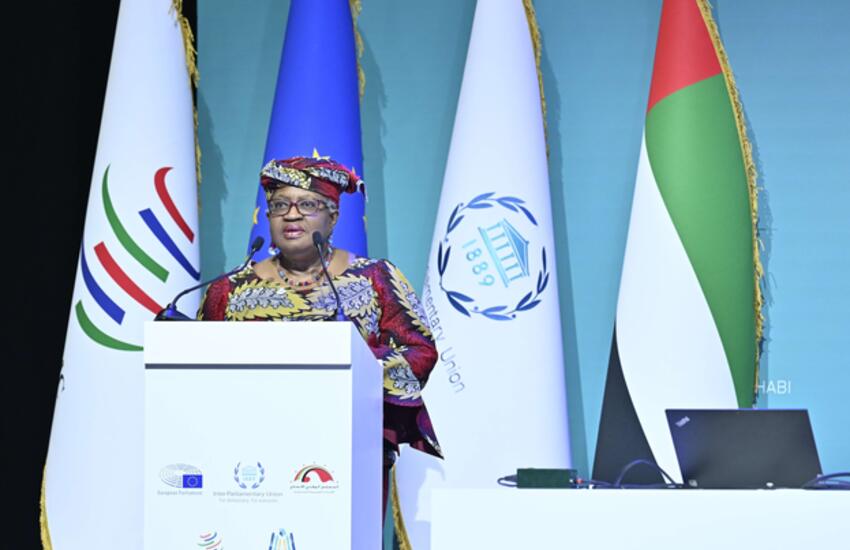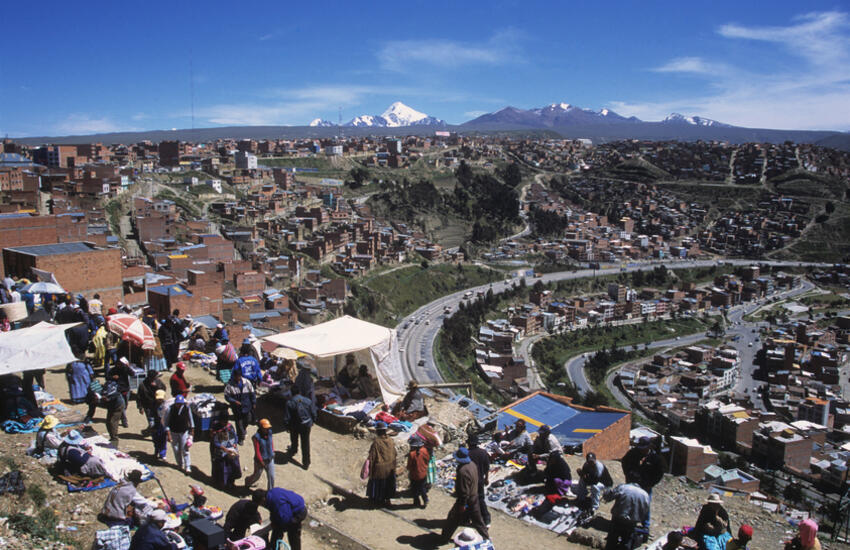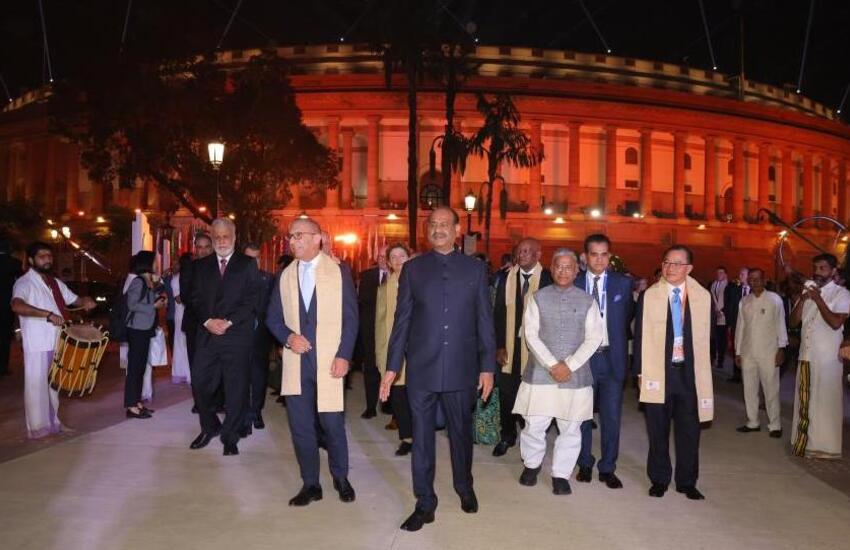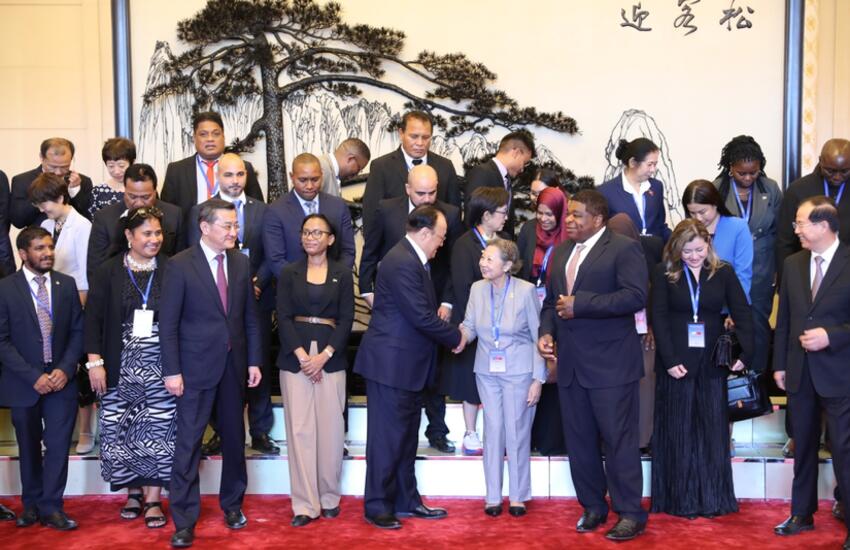“Get Government Back”! That was the message from the IPU’s Parliamentary Forum which coincided with the United Nations High-level Political Forum on sustainable development (HLPF), held in New York from 6-15 July.
The HLPF is the core United Nations platform for follow-up and review of the 2030 Agenda for Sustainable Development and its 17 Sustainable Development Goals (SDGs). The 12 July virtual Parliamentary Forum, in which some 150 parliamentarians participated, ensured they are kept aware of global progress in this area.
The main segment of the Parliamentary Forum revolved around the following questions:
- How can parliaments help redefine the relationship between the public and private sectors?
- Should parliaments support more expansive fiscal policies to respond to growing demands for education, health care and other public goods?
- What steps can parliaments take to curb privatization in all sectors of the economy?
- What institutional reforms should parliaments promote to make governments more resilient and better able to respond to the needs of the people?
The second segment of the Forum presented the preliminary results of this year’s IPU survey addressed to parliaments of the 42 countries presenting Voluntary National Reviews (VNRs) this year. VNRs are the process through which countries assess and present progress made in achieving the SDGs.
Mr. Duarte Pacheco, President of the IPU, said: “This is a chance for us to talk about the role of government – as opposed to the ‘invisible hand’ of the marketplace – in managing the economy. Without dogma. Without pre-conceptions. We need to work together to find solutions. We need to understand our role as parliamentarians – to not only win against the pandemic but build a better post-pandemic future.”
Mr. Pedro Arroio-Agudo, UN Special Rapporteur on the human rights to safe drinking water and sanitation, spoke of a “Water Crisis on a Water Planet”, where 2.2 billion people did not have access to clean water. A major contributor to the problem was the increasing commoditization and corporate ownership of water. Governments must take back water management, for access to clean water was a human right.
Ms. Isabel Ortiz, Director, Global Social Justice Program, Columbia University, spoke of how COVID-19 had exposed the fact that market forces did not work effectively without strong government regulation to ensure the economy worked for all. Post-pandemic, governments must continue to take back control from corporate hands. Doing that required increasing funding including by re-allocating public expenditures and eliminating illicit financial flows.
Ms. Nancy de la Sierra, President of the SDGs Commission of the Senate of Mexico, said that the pandemic was a reminder of the vital role of government in taking care of its population, the environment, and sustainable progress. Governments must work together with all sectors, and it was up to all parliamentarians to make sure citizens were represented. Mexico is one of the 42 countries presenting a VNR this year.
The last word came from Mr. Issa Mardo Djabir, President of the SDGs Committee in the National Assembly of Chad, who underlined the importance for parliaments to make their presence felt in all future VNRs.
IPU data show limited involvement of parliaments in the development of VNRs, with little improvement since 2020. Of note is that of the 42 countries submitting VNRs this year, only Denmark demarcated a specific section on parliamentary involvement.





